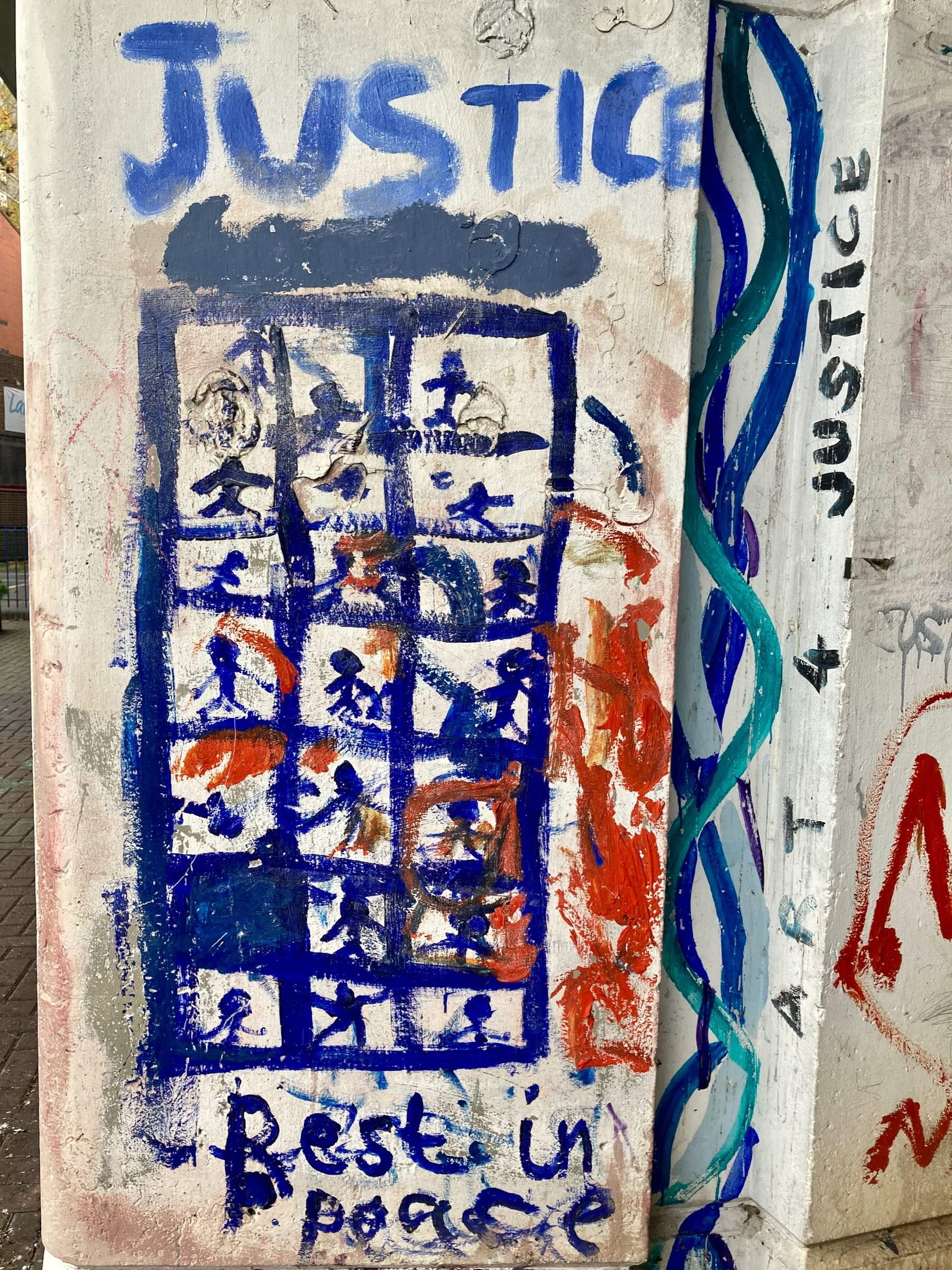About the project
The afterlives of tower block ‘failure’ and rethinking urban futures
On 14 June 2017, a devastating fire broke out in Grenfell Tower, west London. On the same day, a tower block collapsed in Kariobangi estate, Nairobi. Although taking place in very different cities, both tragedies exposed the injustices of urban politics, the volatility of construction materials, and disregard for regulations and planning. They also reanimated debates about 'proper' forms of urban living, spatial inequalities and what a desirable city should look like.
Taking these events as a starting point, this project explores the temporality and materiality of high-rise landscapes in London and Nairobi. So often branded as sites of failure, it begins instead from thinking about histories of community and solidarity and how these are shaped by the lives and afterlives of buildings and materials.
In recent decades, both cities have been drastically altered by high-rise construction booms concurrent with urban housing crises and widening urban inequality. In Nairobi and in London the devastation of June 2017 were thus not isolated events, but part of urban political economies that have seen the financialization of land and housing, dilution of safety regulations and undermining of construction quality. Tracing processes of extraction, construction, collapse, demolition and renewal, the research examines how ‘high-rise failures’ such as fire and building collapse are embedded in longer histories of social, political and infrastructural intervention, and how these accumulate across time to shape high-rise geographies of exclusion, aspiration and transformation.
Through ethnographic and participatory methods, the project critically engages with such notions of ‘failure’, examining how it unfolds in the world, and what it sets in motion. Combining approaches from urban anthropology with urban studies, material culture studies and participatory urban design, we work closely with local communities as well as urban practitioners, artists and organisers. This interdisciplinary and practice-oriented approach asks whether the afterlives of buildings might offer ways of rethinking urban futures to build more inclusive, just, and sustainable neighbourhoods.
The research is funded by UK Research and Innovation through a 4+ year Future Leaders Fellowship.




